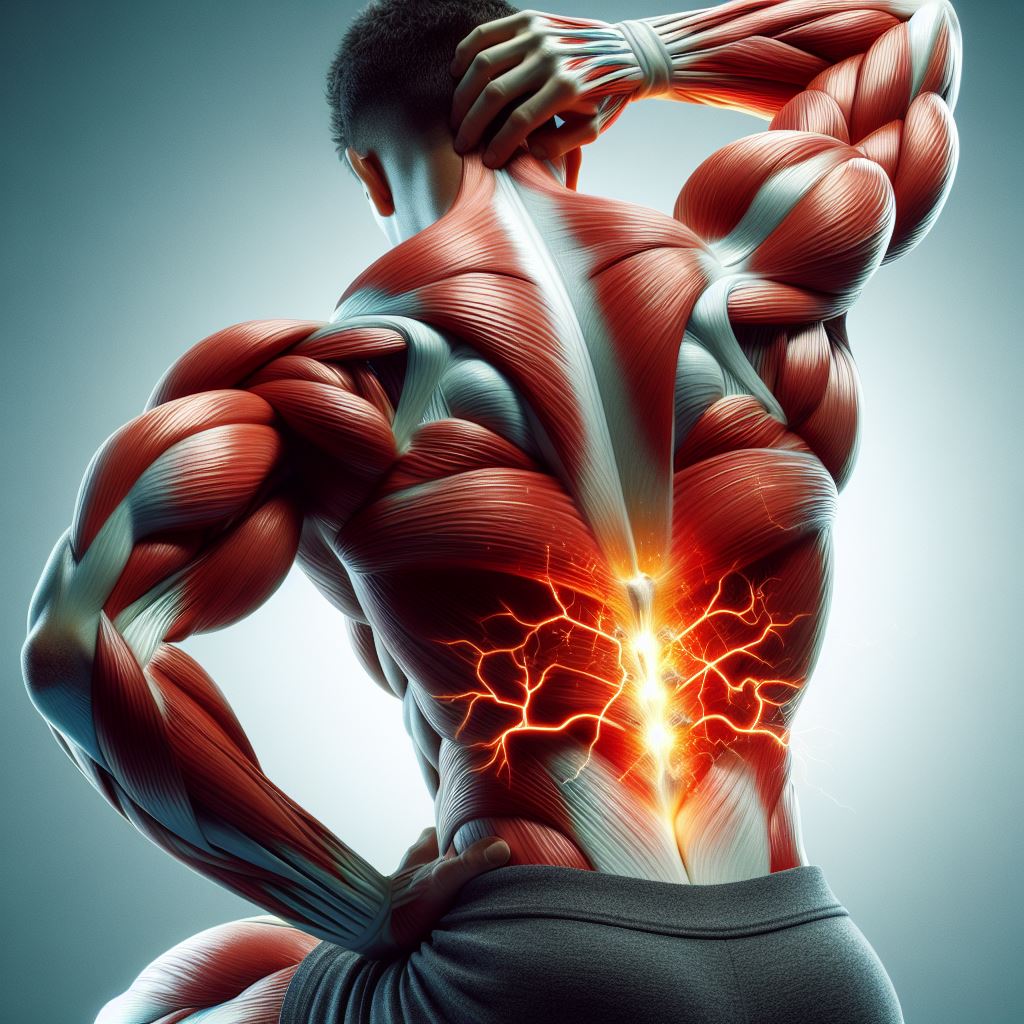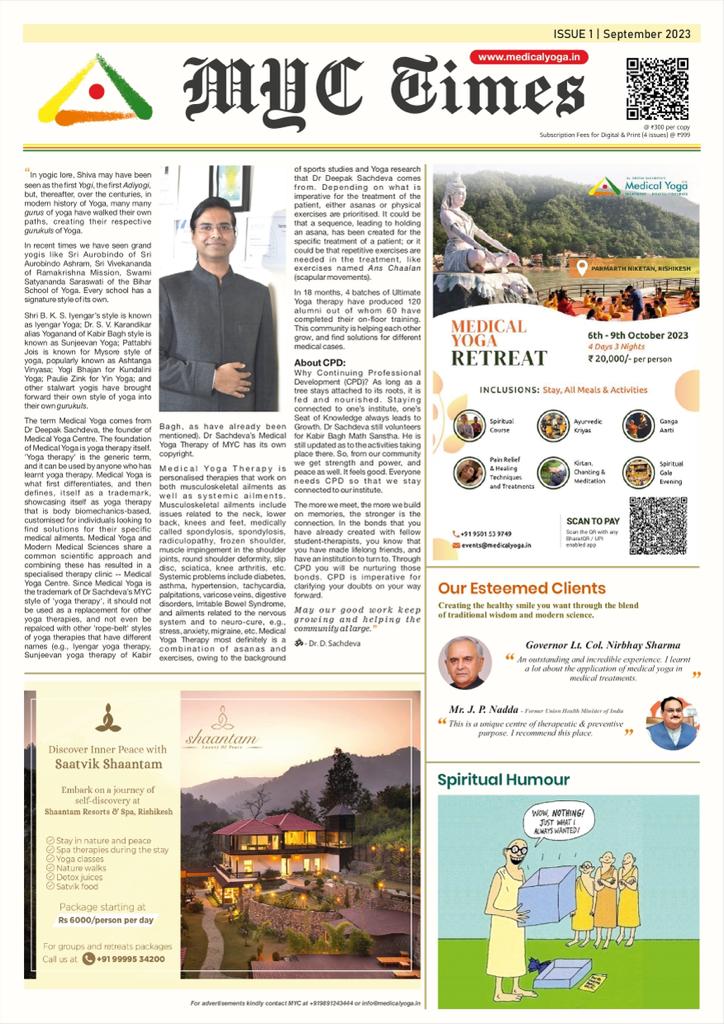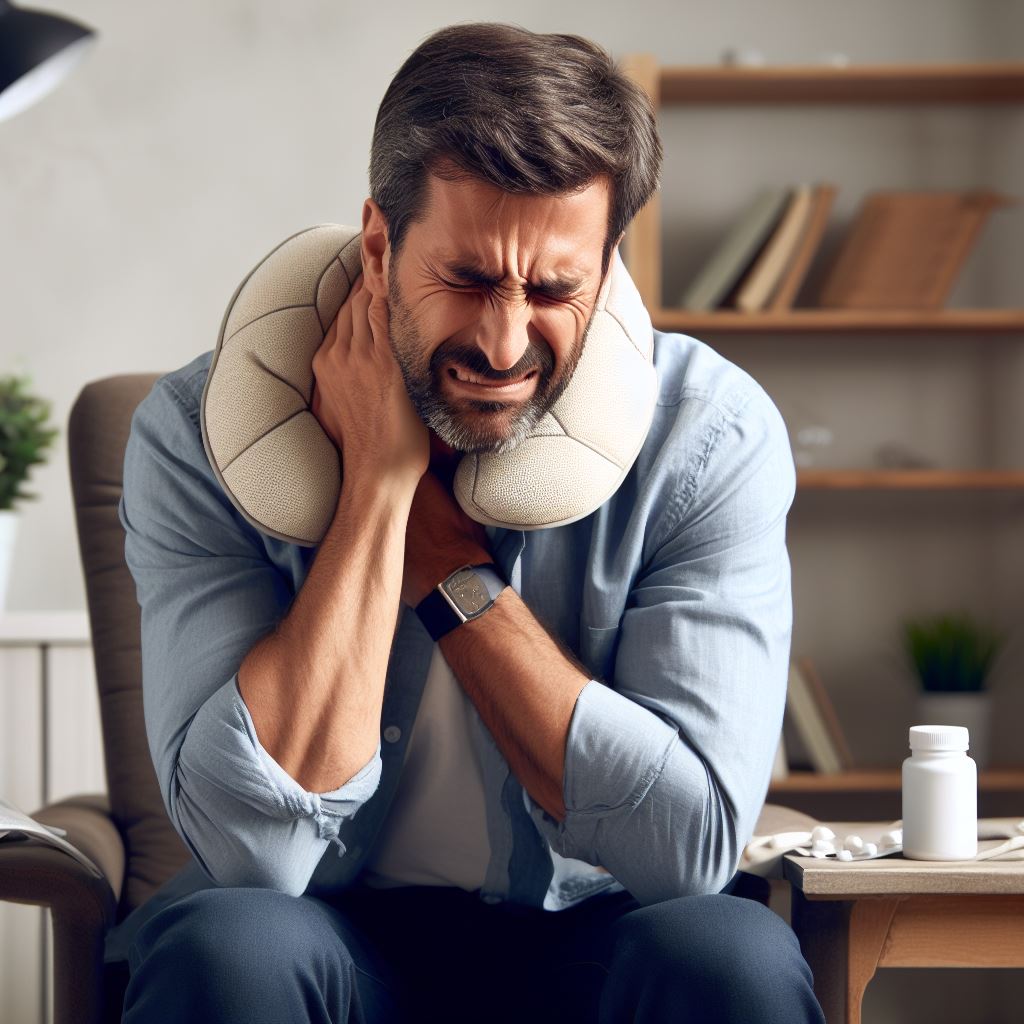Power Up Your Muscles. Unleash the Strength Within

General Scenario:
Whenever the muscles of the neck or lower back become weak, patients ask to
kindly help strengthen those muscles. However there are a lot of misconceptions/questions regarding strengthening of muscles.
Common Questions/Misconceptions:
Does Yoga help to make the muscles strong?
If stretching and strengthening are opposites, will stretching/doing asana
make muscles weaker?
To strengthen the muscles do we have to go to the gym or do stronger asanas
such as planks, Chaturanga Dandasana?
What is Muscle Fatigue? What Happens when a Muscle is Tired?
Whenever a patient says their muscles need strengthening, it could mean that their muscles are tired, overworked, probably also shorter than their normal length, hence, more rigid. E.g., a patient has sat for long hours or sat all day working at a sedentary job. In this case, muscles have got tired, which is normal. If you rest well, the fatigue naturally reduces. Tiredness and weakness go hand in hand; movements become tiring, and muscles feel like they are weakening.
Muscles that are continuously working tend to become shorter, and stiffer. Blood has
two objectives - carrying oxygen and nutrients. If the tired and shorter muscles are
not receiving that much oxygen and nutrients, within the [shorter] length that they
have reached, the muscles will feel weak.
Medical Explanation:
Let the normal muscle be termed as N, say, with a length of 10 inches.
Let this muscle, when weaker/shorter be termed N-1, say, having reached the length
of 8 inches.
When we stretch a muscle back to its original length, i.e., the 8-inch muscle restored
to 10 inches, the muscles are already stronger, being back to their original length. Both flow of oxygen and of nutrients improve. We can then safely say that stretching of a muscles is the first most important step towards its strengthening.
Stretching Leads to Strengthening
E.g., if you try to remove a bucket of water from a well and stop it half way and hold it long enough, it will lead to strain in the muscles of the arms. Similarly, whenever we excessively use our phones, our head is partially suspended leading the muscles in the neck, such as upper trapezius, the levator scapula, and scalenes, to get tired and weak.
Objective of neck muscles:
1. Hold the weight of the head
2. Movement of the head
Medical definition of strength -- the maximum force that can be generated by a muscle or muscle group, e.g., the ability to move or lift any object.
As long as you are able to bring the muscles back to their normalcy, they are getting strengthened. To lead a normal life, it is enough to sustain the basic natural strength of a body. Stretching will keep this natural strength in place.
What is Extra Strengthening of a Muscle (i.e. N+1)
Let us say a patient says s/he needs extra muscle strength (let the extra strength be
N+1) because for their profession, e.g., a bodybuilder needs more upper trapezius
strength. In such a case, N+1 training can be incorporated, and this will lead to change in the nature of the muscle, by
1. Increasing the fibres of the muscle
2. Increasing the thickness of these fibres (hypertrophic muscle)
Limitations of extra strength N+1
If a muscle has not been stretched to its original strength and remains at N-1, i.e, in
its shorter state, extra strengthening of the muscle will happen only at its shortened
length, albeit, leading the muscle to gain in fibres and thickness, but, probably
restricting the range of motion at the joints.
This is why the need for stretching in cases of N+1 should be high.
Physical Benefits of Stretching
The role of stretching helps in every case
N-1 cases: therapeutically, to restore natural strength
N cases: to maintain normalcy in strength
N+1 cases: to help to prevent injury and also maintain the range of motion
Psychological Benefits of Stretching
Stretching gives a very soothing and relaxing effect on the mind. Blood circulation in the body during stretching helps eliminate all the hormones and chemicals which are responsible for fatigue that affects the normal functioning of muscles. The vagus nerve is also stretched, leading the parasympathetic system to a feel-good state.
Written by: Ramya Siddamsetty



